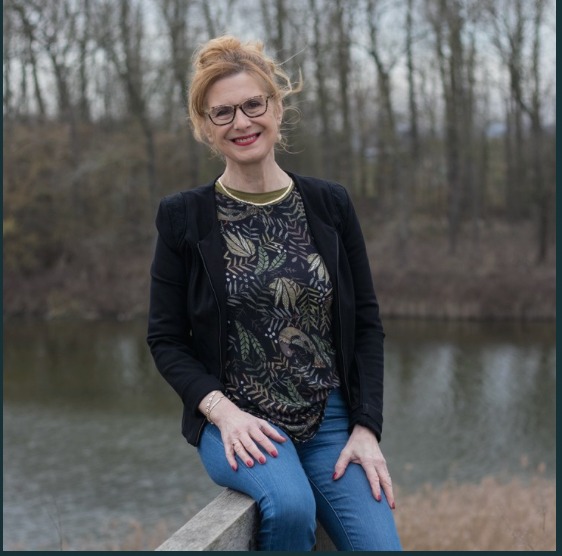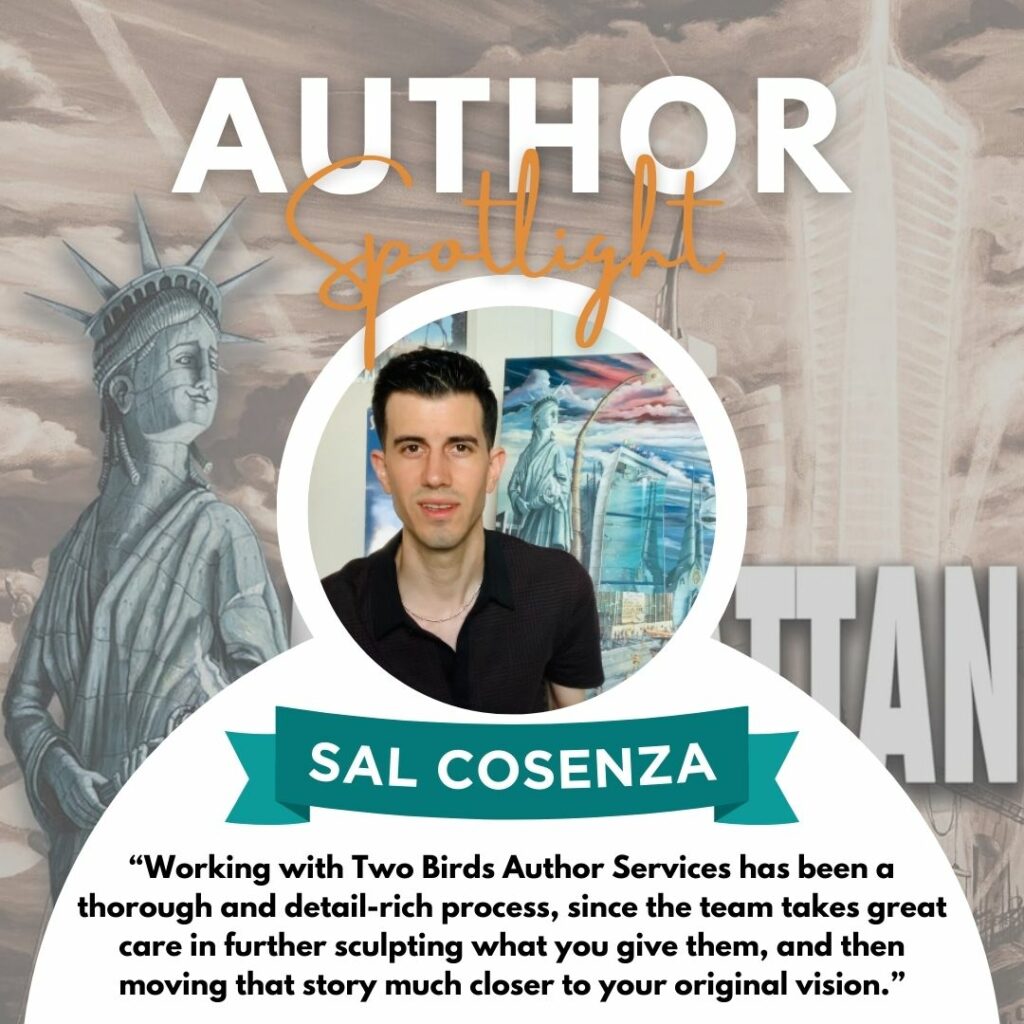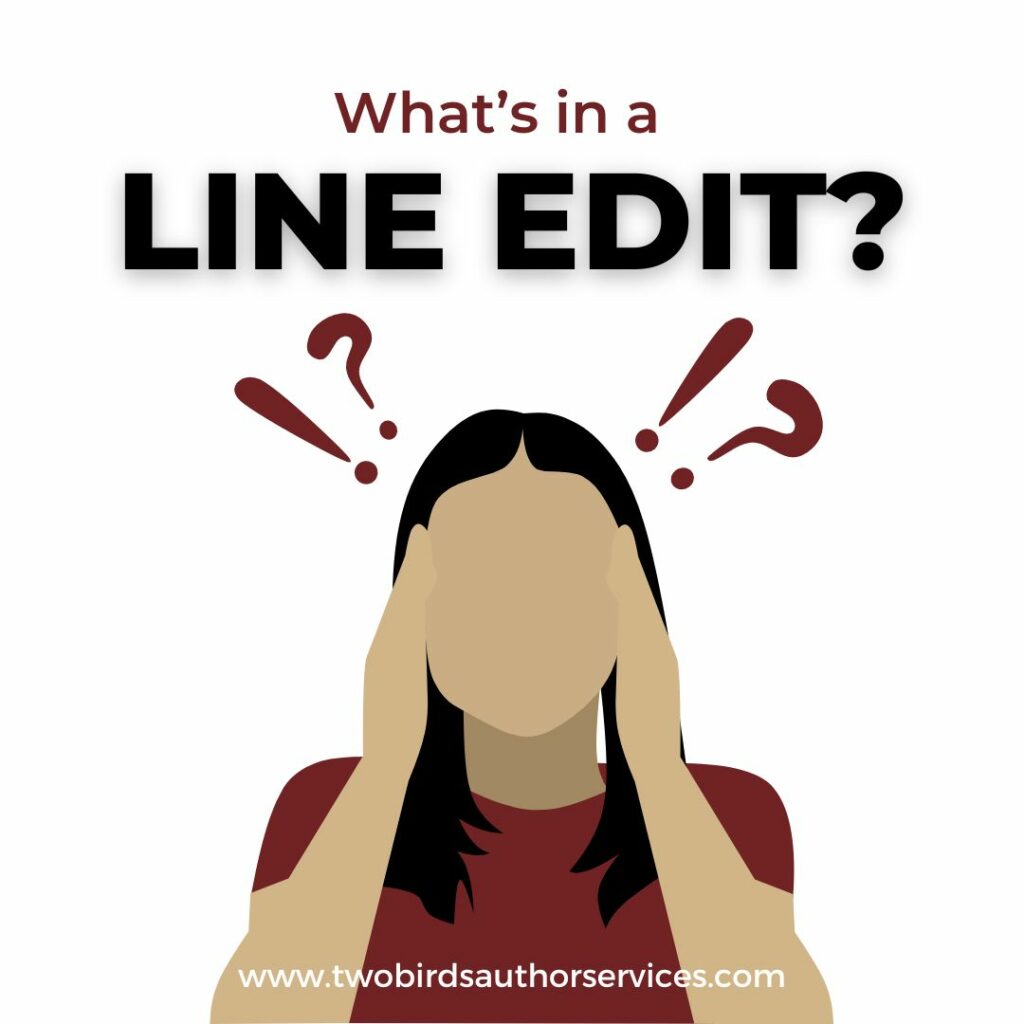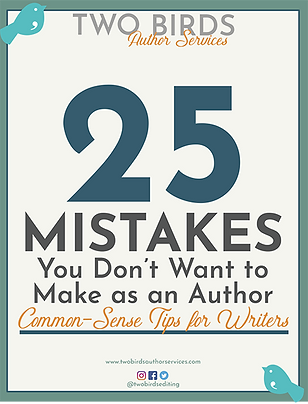Writer of Historical Fiction With Feisty Heroines
Join us for a chat with prolific historical fiction writer Hannah Byron!
Tell us a little about yourself – a brief bio, if you will.
As a rather introverted author who prefers her stories to speak for her, this is not my favorite question. Hey-ho! But it wouldn’t make much sense to do this interview and not share at least some biographical facts.
I was born in Paris (Fr.) in 1956 from Anglo-Dutch parents and was brought up in France, Holland, and the UK. I’m a retired university lecturer and scientific translator who raised three children on her own. In the early 2010s, I published some multi-genre books with small presses, but fully returned to the Indie author arena in 2020 as a historical fiction author specializing in the First and Second World Wars.
What led or inspired you to start writing fiction?
I can’t help it. I can’t not write. It’s what I came to do on this planet. The first line of my author bio is: “Ever since I could hold a pen, I’ve written poems and stories, and I will write till my dying day.”
I’m aware I’m blessed with knowing my vocation. Not everyone is that lucky. It took me decades, though, to not merely talk about it but just do it. And, of course, reading — every author’s first love — taught me writing books is a profession humans can choose.
What drew you to writing WWII historical novels — and “Resistance Girls” in particular?
When I finally figured out there was no way around not writing, I found a writing coach in 2019. I needed to get a feel for the market and where I might fit in. By that time, I had quite some writer acquaintances, but most of them were contemporary romance or paranormal fantasy writers. Both were not genres that were my forte, or in which I was interested, though I dabbled in both before.
I knew I wanted to combine creating books I enjoyed writing with being a commercial fiction author. I don’t write my stories for myself. I already know them.
The writer coach was good, both a successful Indie author and a therapist. She made me dive deep but was still surprised when I came up with Historical Fiction. It’s a small market, older readers, not very “sexy”, and a hard market to become successful in without a traditional publishing deal.
Heck, I’m as stubborn as I’m passionate. I’m a European, myself an indirect result of D-Day, I lost two uncles in WW1 and one in WW2. My family’s history — both on the British/Irish side and on the Dutch side — is steeped in the blood of that era. It’s in my DNA. But I’m also a result of a strong line of women, so I combined both passions. I write about an era that shaped our modern society and about the emerging power of women on the world stage.
The Resistance Girl Series is about women in different European countries during the World Wars.
What’s your most recently published book? What’s it about?
In recent months, Michele and I worked very hard on The Highland Raven, book #5 in The Resistance Girl Series. I told her it’s my most personal book up till now, as it focuses a lot on the background of the main character, Sable Montgomery, and perhaps a little less on her resistance work during World War 2, though there’s absolutely a lot of action in the book.
In contrast to my earlier heroines in this series of stand-alone novels, Sable has had a troubled upbringing and as a result has hardened her heart to the world by adopting a cynical and sometimes even unpleasant attitude. In essence, just a façade to protect her insecurities and scars.
But yes, in 1942 Sable becomes one of Churchill’s secret agents for the SOE (Secret Operations Executive) and is dropped behind enemy lines in France to gather intelligence on the Germans and sabotage their terror reign. Because she’s gone through so much in her life at a young age, Sable is very tenacious and fearless, which was absolutely needed under these dangerous circumstances.
How much research typically goes into the writing of one of your novels?
Tons! I always say about five times as much research as actually writing the book. Most of my research ends up in blog posts on my website. I’ve also started turning the blogs into extra information booklets that readers can download after they’ve read that book in the series.
Books on, for example, Norway, Holland, or Portugal in WW2 are often quite unknown to readers. Historical fiction readers love all the background info. For me, it’s a satisfactory way of not letting all my research go to waste.
What’s the most surprising thing you learned about WWII (or the people who fought it) during your research?
Honestly? That is so darn hard to find information on women during the wars that’s not just about nursing or knitting for the front. History books after the war were generally written by white, upper-class males. Arghh!
I can’t tell you how often I’ve had to rely on Google Translate to get some obscure information on one of these heroines that was never translated into English. Sometimes I feel more like an archivist, or even an archaeologist.
I can’t say it enough. Women today don’t realize how our history was rewritten by men. I take my hat off for inclusivity writers and sometimes feel I’m one of them on behalf of half of the human race.
But it’s a work of love. No complaints.
Oh, and to give you something inspiring? Just Google Simone Segouin with her German confiscated MP40, and you’ll have an idea what type of women I write about.
What has been the most challenging part of being an indie author? How have you tackled that challenge?
Juggling all the different roles of being an authorpreneur. You’re involved with your product from start to finish, and then when the book’s published you must market it. I’ve always liked working hard, but this job is like nothing I’ve ever done for an employer. Sixty-to-eighty-hour work weeks are the rule now.
One author assistant does some of the jobs for me, and I’m very glad my eldest son has just started as my business manager. With my growing catalogue and my longing to bring out as many books as I can in the years I still hopefully am granted, I need to focus more on the creative side and staying on top of the market. Soon, I hope to spend less time on bookkeeping, graphic design, advertisement, website, and other platform optimization. I’m probably forgetting at least ten other jobs here.
Tell us about your process. Do you write every day? Do you have a specific coffee shop where you write? Etc.
I used to be a fits-and-start type of writer, so (there’d be) intense writing for a couple of months and then not start a new book for many weeks. After I retired, last year, there’s been more consistency in my writing process.
So yes, I write seven days a week, between 1000–2500 words. When I’m working through Michele’s developmental edit, I take a ten-day break (for a 120K book) from writing new stuff. I write just the one draft as I’m a polish-as-I-go writer, but it will take me a couple of days going through the proof before sending it to Michele.
In author terminology I’m a plotty-pantser. There’s a rough story plot, the important characters are quite detailed, as is their character web, the blurb is written, and the cover is my compass as the screensaver on all my devices. For the rest, I have little idea how the scenes will play out and how my heroine is eventually going to get her happy ending.
What has been the most delightful or fulfilling part of being an author?
Hands down, reader reactions. They absolutely make all the hours of toil worthwhile.
Do you have a favorite review you’ve received, and if so, what do you love about it?
Reviews are every author’s jam. I have many favorites that I’ll cherish for the rest of my life, but here’s one for The Norwegian Assassin, the first book Michele and I worked on. Judge for yourself.
“Gripping Tale (5* review)
I am very picky about what books I spend my time reading. More often than not, I will start one and delete it off my kindle before finishing because the writing isn’t good, or the story just doesn’t capture my imagination.
“The Norwegian Assassin” didn’t fall into that category. I was mesmerized with the story from the very beginning! The author spins a masterful tale of a young woman poised to enter the safe, grand life her parents have planned for her — at the same time the events of WWII in Europe begin to swirl. Esther Weiss’ life transforms from debutante to warrior as she fights for freedom for her family and her adopted country.
I could NOT put this book down and it has been a long, long time since that happened. I felt educated after reading this book, too, because I did not know anything about Norway’s contribution to the war efforts. Now I need to go download the others in this series! You will feel as though you have just eaten a very full, satisfying meal after reading this story.”
What tips do you have for other authors, especially new authors, as they work on their books?
First, write as much as you can. There’s a saying that until you’ve hit your first million words, you don’t really know what you’re doing. Maybe that sounds like a lot, but I believe the more you write, the better you get. Don’t keep tinkering on that first paragraph or that first chapter.
Second, I think you should pay ample attention to what readers actually want to read and then find a mix between what you want to write and what readers expect. Hence, know your market. Half of your job is doing the marketing, so better get used to that.
Third, connect with other authors both within your genre and outside of it. Learn from them, share, ask advice and then when you’re further ahead in your career, make sure to always help newer authors as well.
What has it been like to work with the team at Two Birds?
Michele and I have now done two books together, and it’s been the best experience so far editor-wise in my career. I told Michele, it’s as if she’s in the story with me, looks around and sees what needs to be done to it.
Though I’m not new to writing anymore, I want her developmental edits for every book before we go to the grammar and typo stuff. I’m that type of writer. She makes my stories SO much better. It may cost a bit more, but I don’t write for the short term. I hope my books will be read for years to come. The investment in a good editor always pays off.
So, Michele is gold to me, and I hope she will edit all my books and I never have to have another editor in my life.
What is the most helpful tip you can offer to authors who, like you, want to find the right editor for their books?
How to find a good editor? That’s a difficult question because it’s very personal. I think you have to try out what works for you, and maybe it’s hit-and-miss a couple of times as it was with me before I came to Two Birds.
Where can authors and readers connect with you, and find your books?
Easiest is my website: www.hannabyron.com
My books can be found on Amazon. I’m also in Kindle Unlimited. Just type in Hannah Byron and you’ll get there.




